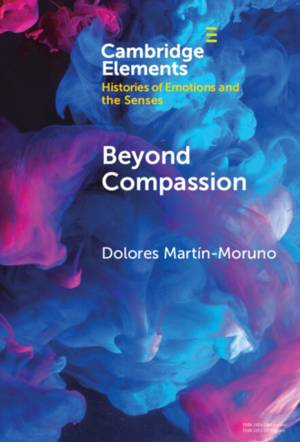
- Afhalen na 1 uur in een winkel met voorraad
- Gratis thuislevering in België vanaf € 30
- Ruim aanbod met 7 miljoen producten
- Afhalen na 1 uur in een winkel met voorraad
- Gratis thuislevering in België vanaf € 30
- Ruim aanbod met 7 miljoen producten
Zoeken
€ 104,95
+ 209 punten
Uitvoering
Omschrijving
This is a call to engage with the histories of emotions and the senses, as well as with the new history of experiences, in order to write a gendered history of humanitarian action. This Element challenges essentialist interpretations according to which women have undertaken humanitarian action because of their allegedly compassionate nature. Instead, it shows how humanitarianism has allowed women to participate in international politics by claiming their rights as citizens, struggling against class inequalities, racial segregation and sexual discrimination in the light of disparate feelings such as resentment, hope, trust, shame and indignation. Ultimately, these case studies are understood to represent historically created moral economies of care: distinctive ways of feeling, performing and knowing humanitarianism which have evolved in relation to shifting emotional values associated with what it means to be human. This title is also available as Open Access on Cambridge Core.
Specificaties
Betrokkenen
- Auteur(s):
- Uitgeverij:
Inhoud
- Aantal bladzijden:
- 75
- Taal:
- Engels
- Reeks:
Eigenschappen
- Productcode (EAN):
- 9781009462242
- Verschijningsdatum:
- 7/12/2023
- Uitvoering:
- Hardcover
- Formaat:
- Genaaid
- Afmetingen:
- 152 mm x 229 mm
- Gewicht:
- 281 g

Alleen bij Standaard Boekhandel
+ 209 punten op je klantenkaart van Standaard Boekhandel
Beoordelingen
We publiceren alleen reviews die voldoen aan de voorwaarden voor reviews. Bekijk onze voorwaarden voor reviews.











